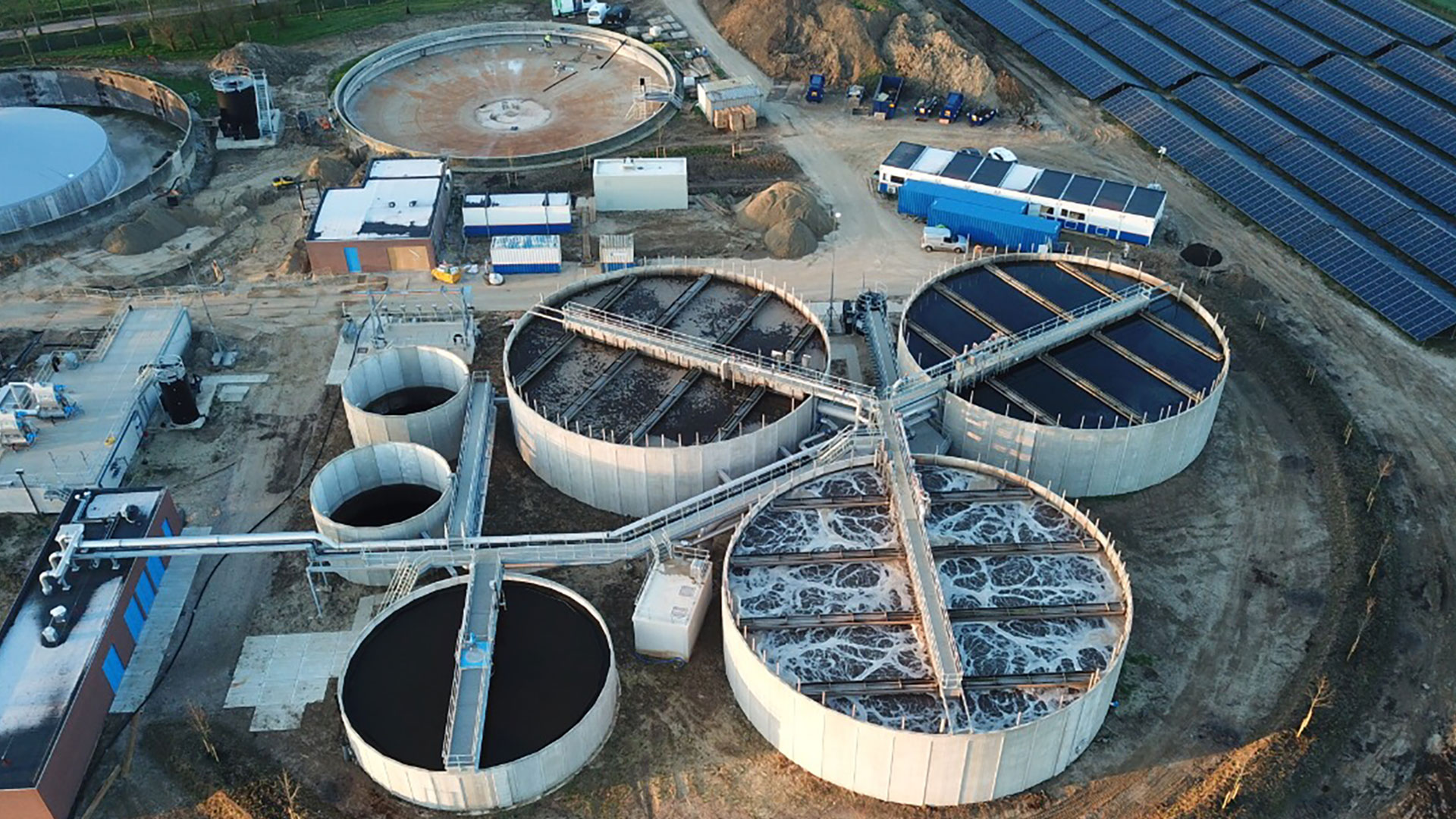Municipal wastewater treatment
Nereda® technology is a sustainable and cost-effective solution to future challenges in the wastewater industry. It is a wastewater treatment technology that purifies water, using the unique settling features of aerobic granular biomass. It requires a quarter of the area of conventional activated sludge installations and the process can reduce up to 50% on energy costs
